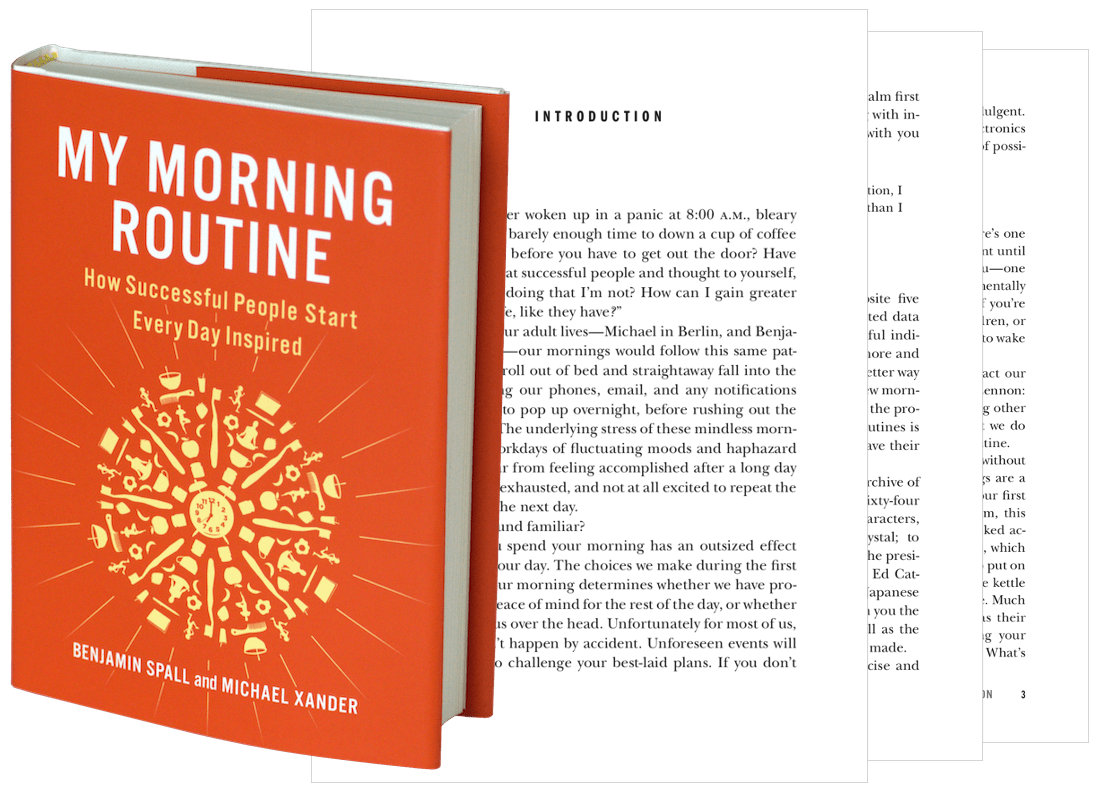Rome Wasn’t Built in a Day

You have no doubt heard the phrase “Rome wasn’t built in a day” many times throughout the course of your life.
Teachers in school are often heard saying it in an attempt to instill patience in their students. Carpenters say it to their clients as they’re pushed toward perfection at an unworkable speed. And it’s hard to imagine that the contractors working on La Sagrada Familia in Barcelona, a project that has been ongoing since 1882, haven’t muttered the idiom under their breath many times over the last 137 years.
“Rome Wasn’t Built in a Day” Meaning
The quote “Rome wasn’t built in a day” means that it takes time to create great work, and that while you cannot expect success to come right away, it will be achieved with continued persistence.
Who Said “Rome Wasn’t Built in a Day”
The origin of the full quote “Rome wasn’t built in a day” comes from medieval France, and the phrase “Rome ne fu[t] pas faite toute en un jour,” which was published in a book of poetry called Li Proverbe au Vilain in the year 1190.
This medieval phrase has since been translated into “Rome ne s’est pas faite en un jour.”
It was the English writer John Heywood who first said “Rome wasn’t built in a day,” or rather, “Rome was not built in one day,” a translation which was soon changed to the version we know today in his 1538 book A Dialogue Conteinyng the Nomber in Effect of all the Prouerbes in the Englishe Tongue. Through the years, the idiom was also translated into Latin as “Roma uno die non est condita.”
How to Use the Phrase in Your Life
“Rome wasn’t built in a day” is a call-to-arms for patience, a character trait described as “Acting without complaint while experiencing long waits or monologues. Having an inner calm.”
If you work in a creative field it’s especially relevant, as it reminds us that sometimes—often—it takes time to achieve great work. I love this video by Daniel Sax featuring the voice of This American Life host Ira Glass in which Glass talks above the “creativity gap” that exists at the beginning of one’s career:
Nobody tells people who are beginners—and I really wish somebody had told this to me—is that all of us who do creative work, we get into it because we have good taste. But it’s like there’s a gap, that for the first couple years that you’re making stuff, what you’re making isn’t so good. It’s not that great. It’s really not that great. It’s trying to be good, it has ambition to be good, but it’s not quite that good.
Glass continues:
The most important thing you can do is do a lot of work—do a huge volume of work. Put yourself on a deadline so that every week, or every month, you know you’re going to finish one story. Because it’s only by actually going through a volume of work that you are actually going to catch up and close that gap.
That said, don’t dawdle in your work. Rome may not have been built in a day, but the hard work of building the citadel continued on all the same.
As I wrote in my article about rash decisions, there is little difference in outcomes between making a rash decision and spending too long on a decision and eventually hitting a point of diminishing returns in the form of analysis paralysis, when you “overthink (or overanalyze) a certain task or decision, and as a result you fail to move forward, or make a decision, in any meaningful way.”
“Rome wasn’t built in a day,” so slow down, have patience, and persist in your work. Success, after all, may be just around the corner.
If you’re interested in hearing more from me, be sure to subscribe to my free email newsletter, and if you enjoyed this article, please share it on social media, link to it from your website, or bookmark it so you can come back to it often. ∎




